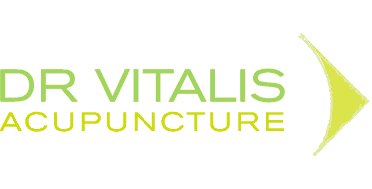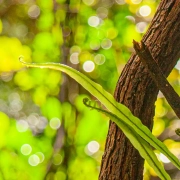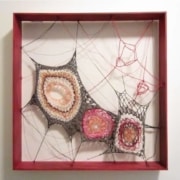New study – Acupuncture improves sperm quality
Quantitative evaluation of spermatozoa ultrastructure after acupuncture treatment for idiopathic male infertility.
OBJECTIVE: To evaluate the ultramorphologic sperm features of idiopathic infertile men after acupuncture therapy. DESIGN: Prospective controlled study.
PATIENT(S): Forty men with idiopathic oligospermia, asthenospermia, or teratozoospermia. INTERVENTION(S): Twenty eight of the patients received acupuncture twice a week over a period of 5 weeks. The samples from the treatment group were randomized with semen samples from the 12 men in the untreated control group.
MAIN OUTCOME MEASURE(S): Quantitative analysis by transmission electron microscopy (TEM) was used to evaluate the samples, using the mathematical formula based on submicroscopic characteristics.
RESULT(S): Statistical evaluation of the TEM data showed a statistically significant increase after acupuncture in the percentage and number of sperm without ultrastructural defects in the total ejaculates. A statistically significant improvement was detected in acrosome position and shape, nuclear shape, axonemal pattern and shape, and accessory fibers of sperm organelles. However, specific sperm pathologies in the form of apoptosis, immaturity, and necrosis showed no statistically significant changes between the control and treatment groups before and after treatment.
CONCLUSION(S): The treatment of idiopathic male infertility could benefit from employing acupuncture. A general improvement of sperm quality, specifically in the ultrastructural integrity of spermatozoa, was seen after acupuncture, although we did not identify specific sperm pathologies that could be particularly sensitive to this therapy.


